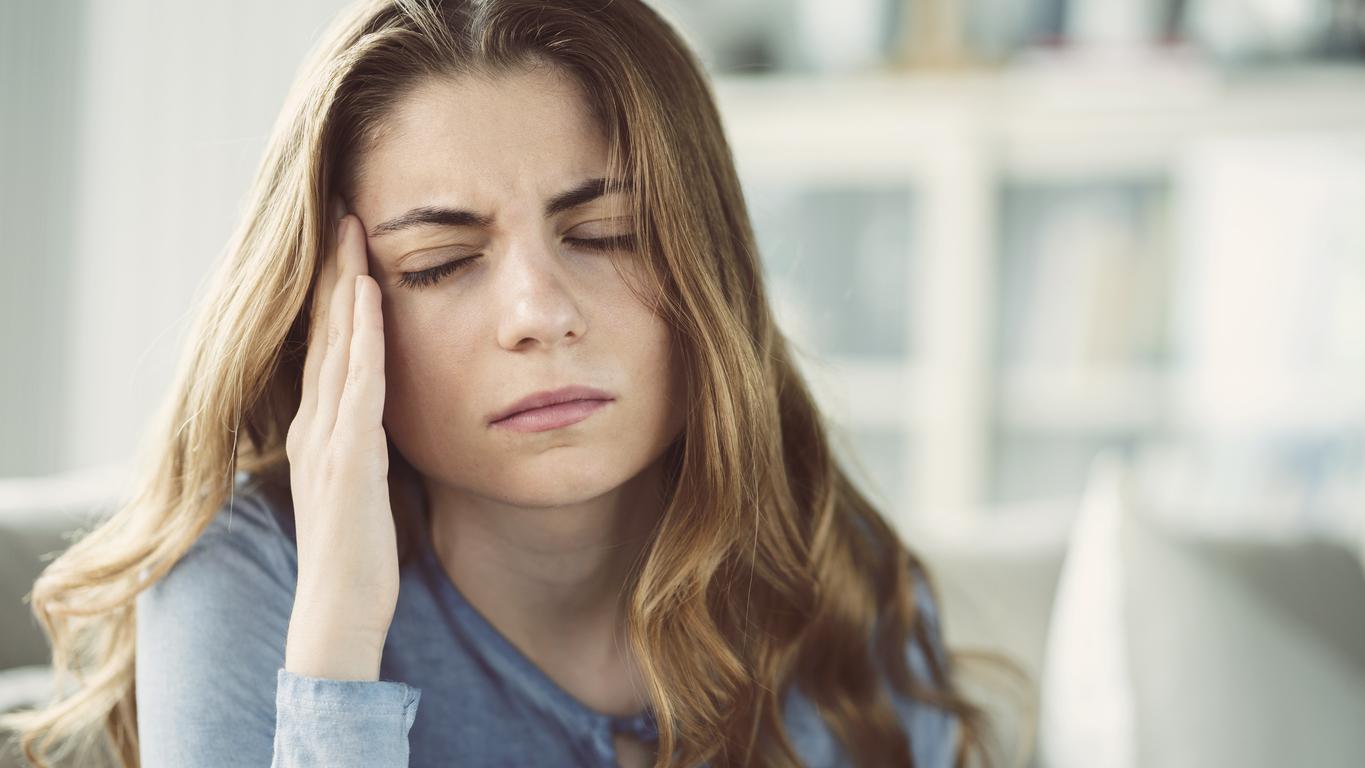
July 7, 2017.
In a report submitted to the Secretary of State in charge of gender equality, Marlène Schiappa, the High Council for Equality wished to alert on the situation of women in great precariousness in France who give up seeking treatment lack of means.
Women more affected by precariousness than men
The High Council for Equality between Women and Men has just submitted a report to the government on the difficult access to healthcare for women who live in great precariousness. According to this report, that our colleagues from BFM TV were able to consult the progress made in terms of health ” do not benefit everyone and social inequalities persist “. And it turns out that women are more affected by precariousness than men.
The High Council for Equality recalls that women represent 70% of the working poor and 62% of unskilled jobs. But how to explain this difference? Women are more often isolated, alone to care for children, with restrictive working hours and poor financial means, note the authors of the report. They are also more likely to suffer from psychological disorders.
The vicious circle of precariousness
To give a few examples, workers die more from cerebrovascular diseases than the rest of the women : their mortality rate is on average three times higher than that of executives and intermediate professions. This precariousness locks them into a vicious circle since the poorer they are, the more overweight they are, the more they smoke and the more alcohol they drink.
Not to mention that a woman who no longer goes to the gynecologist, for lack of means, will not be screened regularly for breast and uterine cancer and will thus put her health more at risk. To limit these inequalities, the report recommends in particular to reimburse 100% for the care provided to victims of gender violence, but also an automation of access to the complementary CMU for RSA beneficiaries.
To read also: Access to care: the “health divide” is worsening
Marine Rondot

















